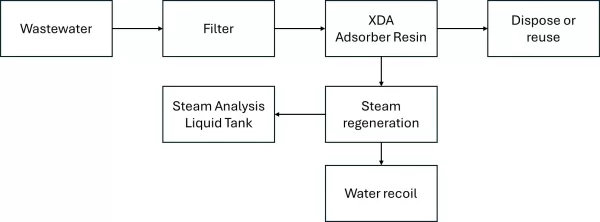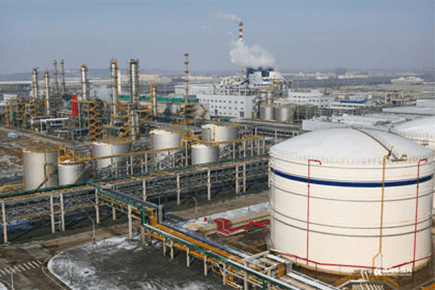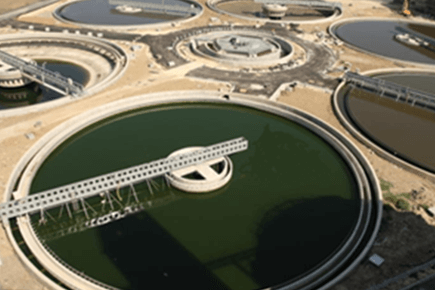
Advanced Wastewater Treatment Solutions for Pyridine and Its Derivatives by Sunresin
Overview of Pyridine Wastewater Challenges:Pyridine and its derivatives, critical to the fine chemicals industry, serve essential roles across pharmaceuticals, pesticides, feed, dyes, and as solvents. These compounds result in wastewater that is notably complex and challenging to treat due to its non-biodegradable heterocyclic substances, high Chemical Oxygen Demand (COD) levels, elevated organic nitrogen content, and significant toxicity. Traditional water treatment methodologies frequently fall short in effectively managing these challenges, underlining the need for specialized treatment solutions.
Treatment Methods for Pyridine Wastewater: Recent advancements have seen the adoption of physical treatment methodologies such as adsorption, distillation, and incineration, each with distinct advantages and challenges:
- Distillation emerges as a technique for pyridine recovery, achieving concentrations around 50%. Nevertheless, distillation-treated wastewater still contains high residual pyridine levels, necessitating further treatment steps and leading to complex, costly water treatment system configurations.
- Incineration offers a solution for high-calorific-value industrial wastewater with complex components, using high temperatures to break down pollutants. This process, however, generates emissions requiring comprehensive treatment to mitigate air pollution risks.
- Ion Exchange Method presents a refined strategy, employing ion exchange resin adsorption to capture pyridine compounds via intermolecular forces within the resin bed, thus purifying the wastewater. The method facilitates full desorption of adsorbed solutes, allowing resin reuse and optimizing treatment efficiency.

- High efficiency in adsorption and pollutant removal, coupled with straightforward regeneration.
- Robust treatment capability for large-scale applications.
- Long-term stability and durability of resin performance.
- Versatility across a broad range of operational conditions, ensuring practical utility.
- Facilitation of efficient phenolic compound recovery, amplifying value creation in wastewater treatment processes.















